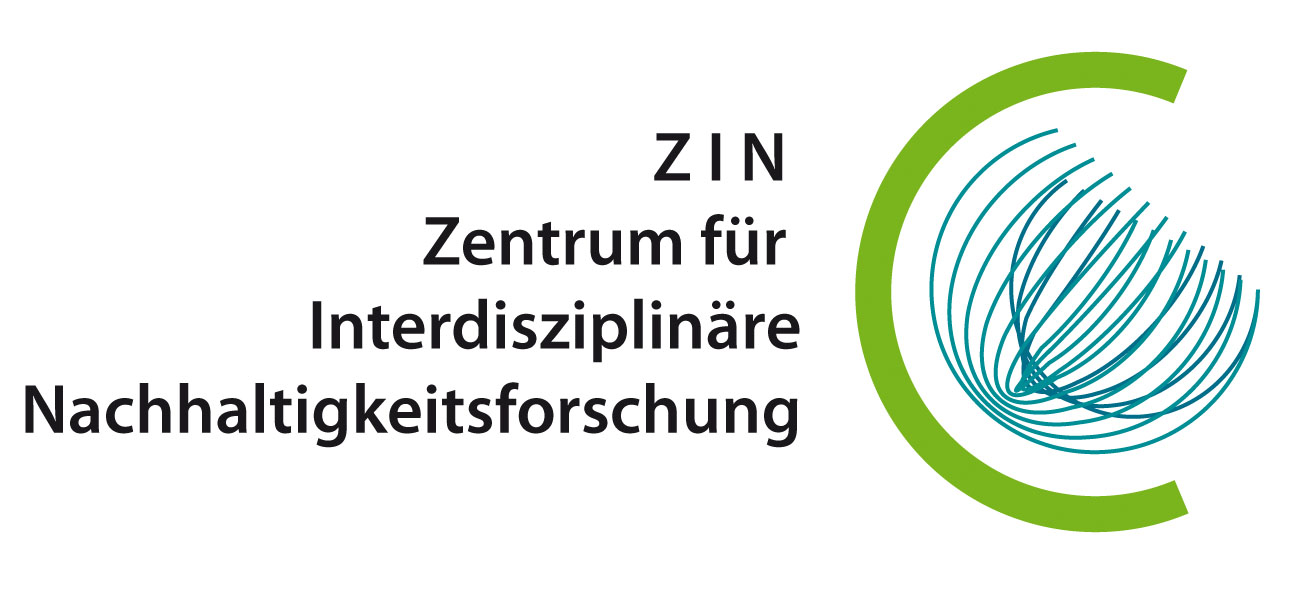
Erneut richtet das ZIN im Sommersemester 2025 eine öffentliche und interdisziplinäre Vortragsreihe aus, die in diesem Jahr dem Oberthema „Wachstum nachhaltig gestalten“ gewidmet ist.
An fünf Terminen halten Vortragende von der Universität Münster Kurzvorträge, die sich aus der Perspektive von insgesamt fünf unterschiedlichen Disziplinen dem Thema Wachstum nähern. Studierende aller Fachrichtungen an der Universität Münster sowie interessierte Bürger*innen sind herzlich zu den Vorträgen eingeladen, die an fünf Donnerstagen von April bis Juli zur Mittagszeit stattfinden. Die Vorträge finden im Hörsaal JO 101 in der Johannisstr. 1 - 4 statt (Ausnahme am 5. Juni: im Hörsaal KTh I in der Johannisstr. 8 - 10). Veranstaltungsbeginn ist jeweils 12.15 Uhr.
Um den Vorträgen zu folgen, ist kein Vorwissen notwendig! Alle Informationen zur Veranstaltungsreihe (darunter u.a. einen Überblick über das Programm) finden Sie hier. Auch über unseren Account auf LinkedIn (@Zentrum für interdisziplinäre Nachhaltigkeitsforschung) teilen wir Informationen zum ZIN-Brotzeitkolloquium.

